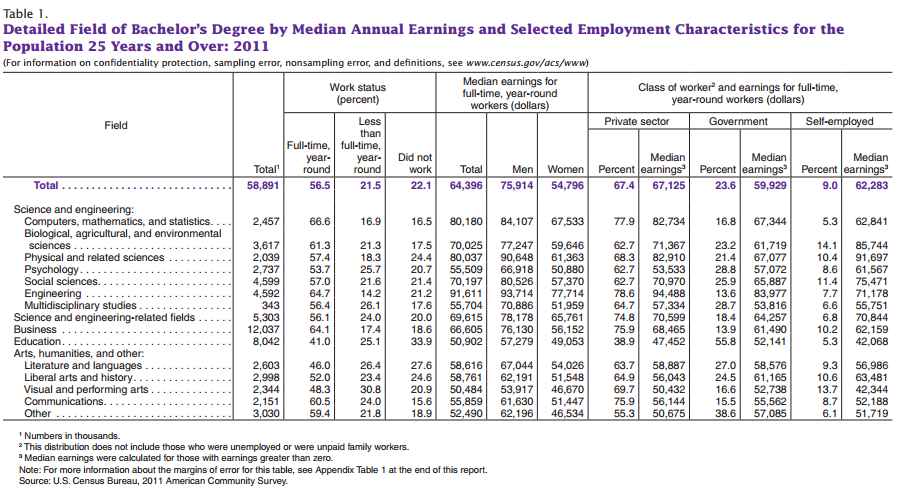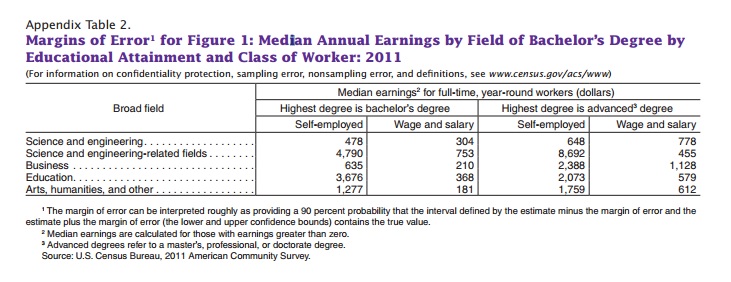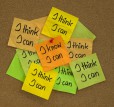Why a Bachelors Degree is Important for Your Career

It seems that several times each year much ink is spilled over the state of education in the United States and its direct correlation to career success.
And for good reason. In today’s increasingly skilled economy there is less room for workers without some type of post-secondary training or education. In fact, in many sectors the bachelor’s degree is becoming the new high school diploma.

And the numbers are bearing that statement out. Some quick stats to consider (courtesy of U.S. Census Bureau, 2011 American Community Survey):
- 59 million people 25 years and older held a bachelor’s degree or higher.
- Business management is the most a popular major (12 million people studied in this field).
- Those who studied business were among the most likely to be employed full-time.
- Education was the second most popular (8 million), but were least likely to be employed full-time.
Science, Technology, Engineering and Math (STEM)
According to a recent U.S. Commerce Department study, jobs in the STEM fields grew three times faster than other occupations over the past decade. In addition they pay, on average, 26% more.
Despite a relatively high unemployment rate, there still is a shortage of highly skilled workers in this space including computer programmers, statisticians, civil and nuclear engineers, chemists and lab technicians.
Some more stats to consider (courtesy of U.S. Census Bureau, 2011 American Community Survey):
- Science and engineering students have high percentages among them who are employed full-time, year-round.
- Those studying computers, mathematics, statistics, and engineering are most likely to report working full-time, year-round and least likely to report that they did not work at all.
- Students pursing arts and humanities had lower rates of full-time, year-round employment
By the Numbers (Money, that is!)
Of course, it only makes sense that the highest paid are generally the highest in demand. This salary chart offers interesting insights how this plays out.

What have been your experiences in today’s workforce? Please let us know in the comment section below.



Add a comment